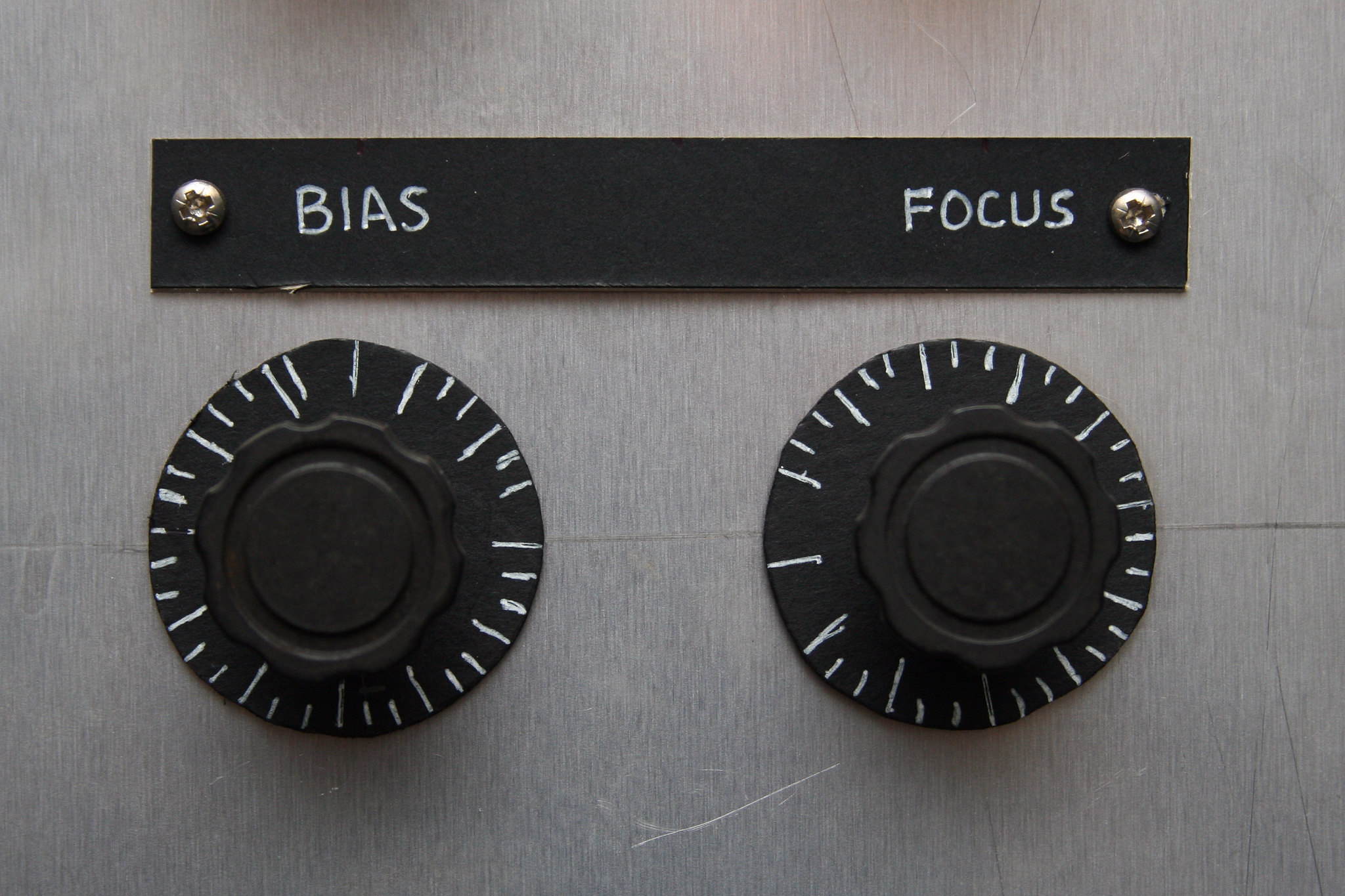On Media Bailouts and Bias: Why Government Media Policy Is Undermining Public Trust - Michael Geist
Yesterday I was a guest on a Toronto-area radio station where I was asked to discuss the government’s plans to more than double the amount available per journalist as part of the labour journalism tax credit. After a discussion of the tax credit program and months of blocked news links on Facebook as a consequence of Bill C-18, the host shifted the discussion by suggesting that the media had largely become propaganda on behalf of the government, insisting that these measures were consistent with a strategy of either blocking or influencing news coverage. I paused for a moment and said I disagreed, noting that there was good journalism and bad journalism, and his take was bad journalism. The segment ended immediately after that. That experience came to mind later in the day as the debate over media bias and government funding captured further attention after Jennie Byrne, a leader in the Pierre Poilievre team, tweeted that criticism of Poilievre’s interactions with a journalist could be chalked up to the increased funding and that the bailout would mean journalists “would do whatever the PMO says.” Byrne’s comment strikes me as absurd as those of the radio host. All journalists have some biases. They wouldn’t be human if they didn’t. But the suggestion that a government tax plan would influence their individual coverage is just not credible.


Yesterday I was a guest on a Toronto-area radio station where I was asked to discuss the government’s plans to more than double the amount available per journalist as part of the labour journalism tax credit. After a discussion of the tax credit program and months of blocked news links on Facebook as a consequence of Bill C-18, the host shifted the discussion by suggesting that the media had largely become propaganda on behalf of the government, insisting that these measures were consistent with a strategy of either blocking or influencing news coverage. I paused for a moment and said I disagreed, noting that there was good journalism and bad journalism, and his take was bad journalism. The segment ended immediately after that. That experience came to mind later in the day as the debate over media bias and government funding captured further attention after Jennie Byrne, a leader in the Pierre Poilievre team, tweeted that criticism of Poilievre’s interactions with a journalist could be chalked up to the increased funding and that the bailout would mean journalists “would do whatever the PMO says.” Byrne’s comment strikes me as absurd as those of the radio host. All journalists have some biases. They wouldn’t be human if they didn’t. But the suggestion that a government tax plan would influence their individual coverage is just not credible.
